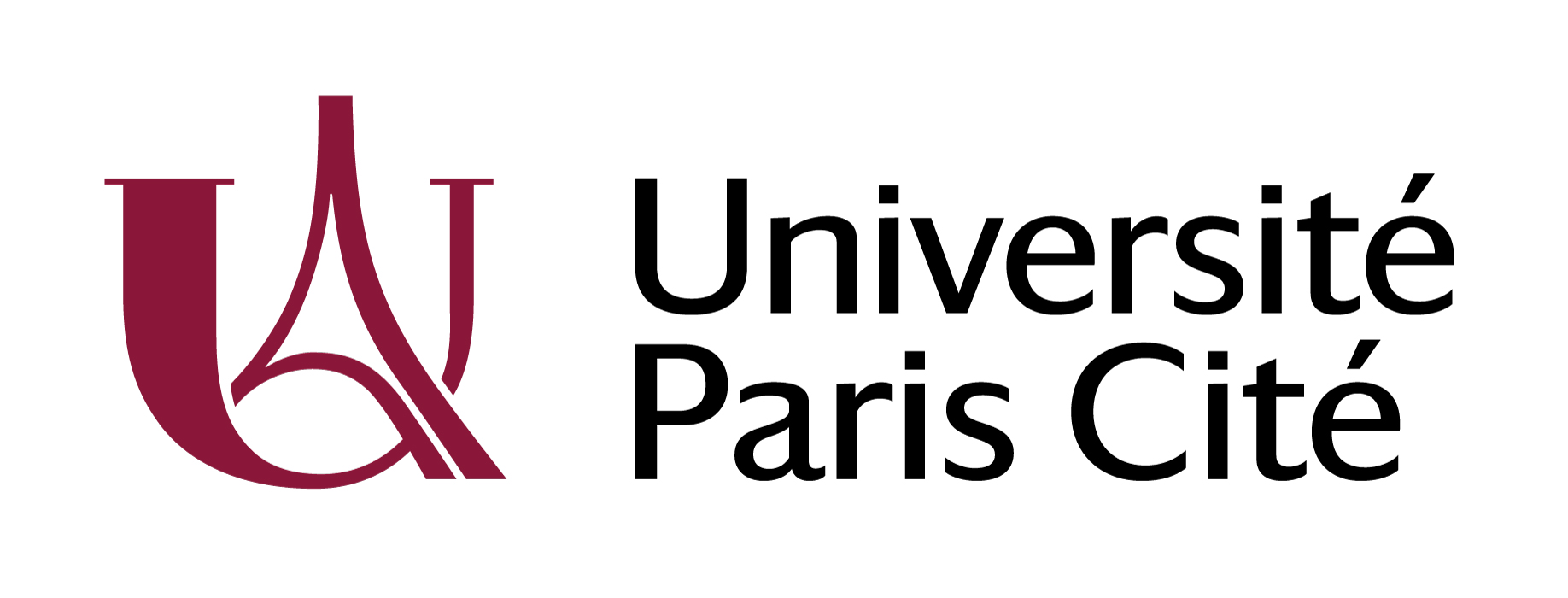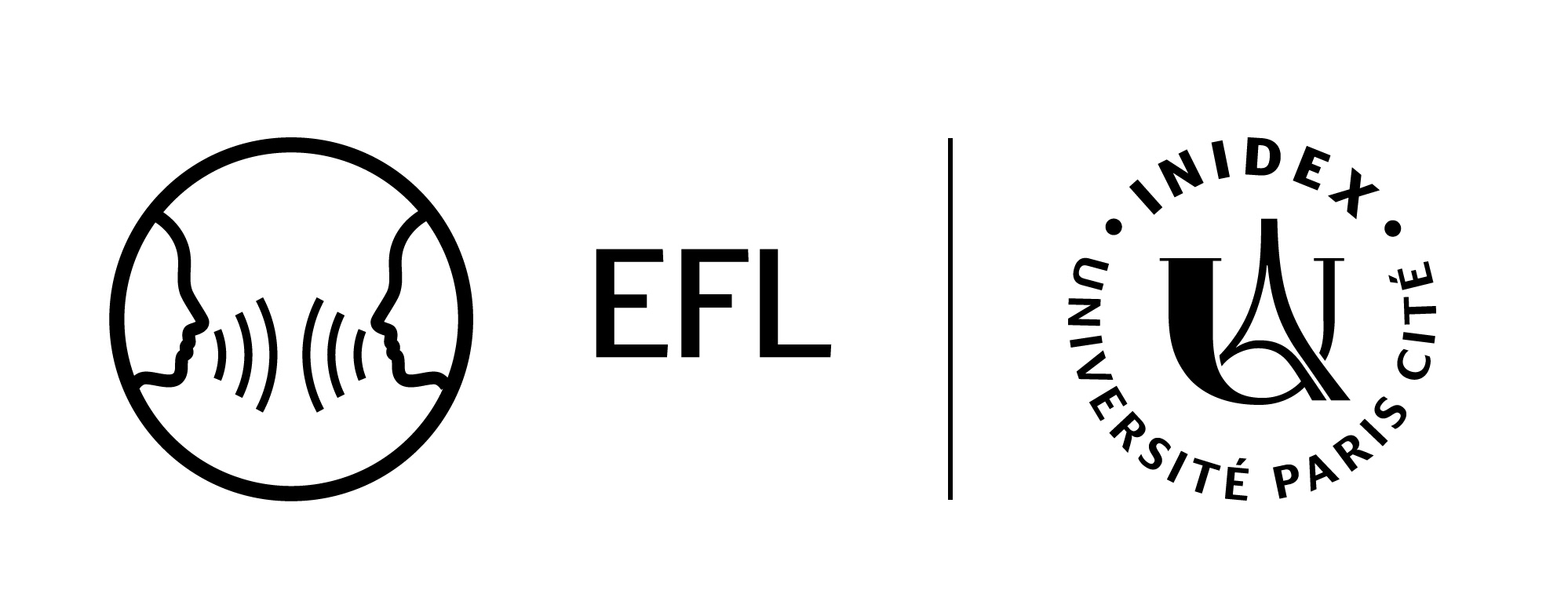
|
the Interplay of phraseology, Multi-Word Units (MWU) and Complex Noun Phrases (CNP) in specialised discourses and AI-assisted translation
11-11 Dec 2025 Paris (France)
|
|
Key points Research on phraseology, multi-word units (MWU, or more broadly, multi-word expressions), and complex noun phrases (CNP), which is conducted by linguists in French and in English, but also in Spanish, Italian, and other languages, converges on the fact that constrained linguistic forms are likely to contribute to an overall perception of human language, and that they can be systematised, to which Sinclair (1991) refers as “semi-preconstructed phrases”. From the very beginning, corpus linguistics has provided tools for identifying recurrent patterns perceived as units of meaning, including collocational phenomena (Sinclair, 1991; Gledhill, 2000), multi-word units (Granger & Meunier, 2008; Tutin, 2018), and complex noun phrases (Maniez, 2020; Kübler et al., 2022). Although these phenomena are often studied separately due to their inherent complexity, they form a continuum. The “BeyondSingleWords2025” workshop aims to examine them together in order to discuss their shared characteristics, particularly those standing out in specialised discourse studies. In phraseology, key research areas include disciplinarisation (Burger, 2007; Mieder, 2009; Legallois & Tutin, 2013), systematisation (Mel’čuk, 2012, 2023), formal description (Gross, 1996; Moon, 1998), the theorisation of fixed expressions (Mejri, 1997; Gries, 2008), and the role of phraseology in language teaching (Berlage, 2014; Cavalla, 2020; Nation, 2022). Regarding complex lexical units or multi-word units (also referred to as “séquences polylexicales” in French), research mainly focuses on their decoding and formalisation. This notion fosters interdisciplinarity (Granger & Meunier, 2008), which leverages new technologies to characterise and identify these forms by using corpora (Benetti, 1995; Sag et al., 2002; Savary et al., 2017; Pastor & Colson (eds.), 2020; Wahl & Gries, 2020). However, the boundaries between complex lexical units or MWU and CNP remain ambiguous (Mejri (ed.), 2004; Gries, 2022). Complex noun phrases, extensively studied in English grammar (Quirk, 1985; Biber, 1999; Keizer, 2007; Schlücker, 2019), raise issues in translation and reveal structural and variational complexity in the use of language (Maniez, 2020; Kübler et al., 2022). Specialised discourse serves as a prime field of observation for these linguistic forms, at the intersection of phraseology, terminology, and discourse analysis, while interdisciplinary research efforts highlight the interest and complexity of this phenomenon. The “BeyondSingleWords2025” workshop seeks to address these issues within the framework of research on specialised languages and AI-assisted specialised translation. Research in phraseology and related fields is indeed a highly dynamic area, as a large number ofconferences and workshops dedicated to these units of language and meaning demonstrate. Some recent and upcoming events include: “EUROPHRAS 2025”; “Interdisciplinary Approaches to Phraseological Units in World Languages: Linguistics – NLP & AI – Translation – Literature” (2025); “PHRASEOPRAG 2024: Pragmatic Phraseology in Oral and Mediated Interactions: Cross-Perspectives and Interdisciplinary Insights”; “Study Days on Constructional Approaches and Phraseology” (2024); “Phraseology Extraction: From Corpora to Deep Learning” (2022); International Conference “PhraséoTerme”, held at the University of Verona (2020), etc. Researchers from the ALTAE laboratory (formerly CLILLAC-ARP) wish to propose a joint discussion about these units in specialised languages, following their workshop on generic collocations held in 2018: Journée d’étude consacrée aux collocations génériques. The upcoming workshop will highlight the need to question these units, particularly in view of technological evolutions and the emergence of LLM, which are currently reshaping both linguistic research and language users' behaviors. Proposals for communications on phraseology and its relations with multi-word units and/or complex noun phrases namely in specialised language and translation may concern the following themes or areas:
References Adamson, Sylvia & Victorina González-Díaz (2009). “History and structure in the English noun phrase : introduction”. In : Transactions of the Philological Society 107, 3, pp. 255-261. Benetti, Laurence. (1995). « La structure des syntagmes nominaux complexes : problèmes de reconnaissance ». In: Scolia : Sciences Cognitives, Linguistiques et Intelligence Artificielle, 5, actes des rencontres linguistiques de BEBEFRI-Strasbourg, Neuchâtel, pp. 13-30. Berlage, Eva. (2014). Noun Phrase Complexity in English. Studies in English Language. United Kingdom: Cambridge University Press. Biber, Douglas, Stig Johansson, Geoffrey Leech, Susan Conrad & Edward Finegan. (1999). Longman Grammar of Spoken and Written English. Harlow: Pearson Education Limited. Burger, Harald, Dmitrij Dobrovol'skij, Peter Kühn & Neal R. Norrick. (2007). Phraseology: an international handbook of contemporary research, De Gruyter Mouton. Cavalla, Cristelle & Dominique Legallois. (2020). « Caractériser et identifier les unités phraséologiques pour leur enseignement ». Action Didactique, Enseignement des expressions préfabriquées, 6, pp. 12-30. Colson, Jean-Pierre. (à paraître). « Le traitement informatique du défigement : des corpus à l’intelligence artificielle ». Le français moderne, 93, 1. Condamines, Anne. (2005). « Linguistique de corpus et terminologie ». In: Langages, 39ᵉ année, 157. La terminologie : nature et enjeux, sous la direction de Loïc Depecker. pp. 36-47. Corpas Pastor, Gloria. and Jean-Pierre Colson (eds.). (2020). Computational Phraseology, John Benjamins Publishing Company. Corpas Pastor, Gloria & Ruslan Mitkov (eds.). (2022). Computational and Corpus-Based Phraseology, Springer, Europhras. Frérot, Cécile & Mojca Pecman. (2021). Des corpus numériques à l’analyse linguistique en langues de spécialité. UGA Éditions. Gledhill, Christopher. (2000). Collocations in science writing. Gunter Narr Verlag Tübingen, 22, 270 p. Granger, Sylviane & Meunier, Fanny (eds.). (2008). Phraseology: an interdisciplinary perspective, Amsterdam & Philadelphia: John Benjamins. Gries, Stefan Th. (2022). “Multi-word units (and tokenization more generally): a multi-dimensional and largely information-theoretic approach”, Lexis [Online], 19. https://journals.openedition.org/lexis/623. Gross, Gaston. (1996). Les expressions figées en français : noms composés et autres locutions, Ophrys. Gross, Maurice. (1982). « Une classification des phrases ‘figées’ du français ». Revue québécoise de linguistique, 11, 2, pp. 151–185. Keizer, Evelien. (2007). The English Noun Phrase. The Nature of Linguistic Categorization. Cambridge University Press. Kübler, Natalie, Alexandra Mestivier & Mojca Pecman. (2022). “Using Comparable Corpora for Translating and Post-Editing Complex Noun Phrases in Specialised Texts: Insights from English-to-French Specialised Translation”. In: Extending the Scope of Corpus-Based Translation Studies. Bloomsbury Academic. Legallois, Dominique & Agnès Tutin. (2013). « Présentation : Vers une extension du domaine de la phraséologie ». Langages, Vers une extension du domaine de la phraséologie, 189, 1, pp. 3-25. Maniez, François. (2020). « Chapter 18: The identification of potentially ambiguous noun phrases in scientific English: a crucial aspect of translator ». In: Strategies and Analyses of Language and Communication in Multilingual and International Contexts. Cambridge Scholars Publishing, pp. 187-195. Mejri, Salah. (1997). Le figement lexical : descriptions linguistiques et structuration sémantique, Publications de la Faculté des lettres de la Manouba, série linguistique, volume X, 632 p. Mejri, Salah. (1999). « Unité lexicale et polylexicalité », Linx, 40, pp. 79-93. Mejri, Salah (ed.). (2004). Polysémie et Polylexicalité. Syntaxe & Sémantique, 5, Presses universitaires de Caen. Mel’čuk, Igor A. (2023). General Phraseology: Theory and Practice, Lingvisticæ Investigationes, Supplementa 36, Amsterdam / Philadelphie, John Benjamins Publishing Company, 281 p. Mel’čuk, Igor A. (2012). “Phraseology in the language, in the dictionary, and in the computer”, Yearbook of Phraseology, 3, pp. 31-56. Mieder, Wolfgang. (2009). International Bibliography of Paremiology and Phraseology. 2 vols. De Gruyter. Moon, Rosamund. (1998). Fixed Expressions and Idioms in English. A Corpus-Based Approach. Oxford: Clarendon Press. Nation, Paul. (2022). “Finding and learning multiword units,” in Learning Vocabulary in Another Language, Cambridge: Cambridge University Press, pp. 433–468. Pecman, Mojca. (2005). « De la phraséologie à la traductologie proactive : essai de synthèse des fondements théoriques sous-tendant la recherche en phraséologie ». Meta, 50, 4, https://doi.org/10.7202/019853ar. Quirk, Randolph. Sidney Greenbaum, Geoffrey Leech, Jan Svartvik. (1985). A Comprehensive Grammar of The English Language, Longman. Sag, Ivan A, Timothy Baldwin, Francis Bond, Ann Copestake & Dan Flickinger. (2002). “Multiword Expressions: A Pain in the Neck for NLP”. Computational Linguistics and Intelligent Text Processing, Third International Conference, CICLing 2002, Mexico City, Mexico, pp. 1-15.
|




